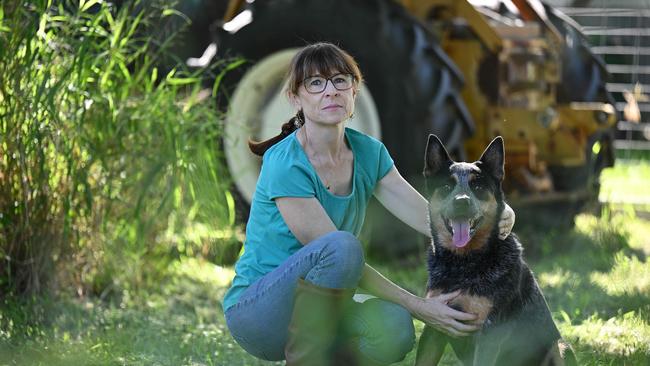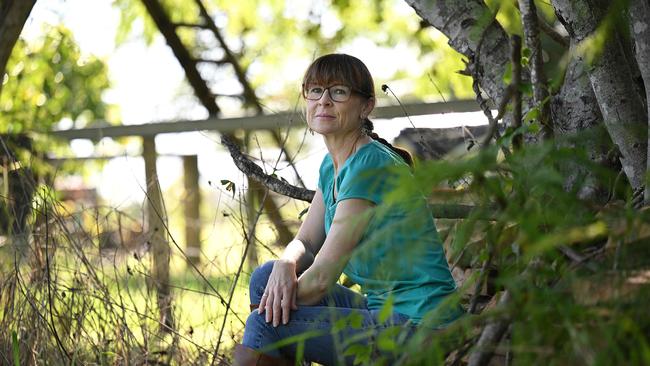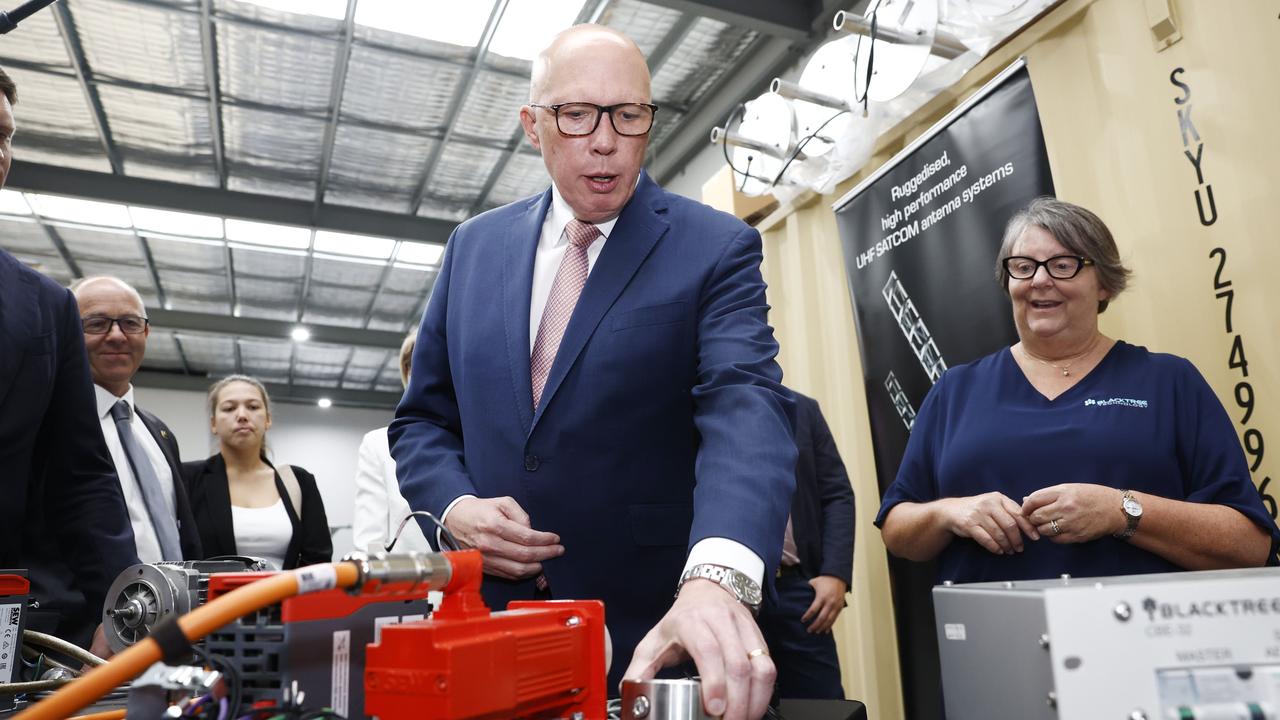‘Rubbing salt into the wound’: DV victims forced to pay abusers child support
Victims of domestic violence are being forced to pay their former abusers child support once they separate, which one woman has called ‘state-sanctioned coercive control’.

Victims of domestic violence are being forced to pay their former abusers child support once they separate, which one woman has called “state-sanctioned coercive control”.
While the Department of Social Services allows victims of domestic violence to opt out of seeking child support payments due to the risk it could pose to their safety, they cannot opt out of paying child support to their abusers.
Leading child support policy researcher at Swinburne, Kay Cook, said the government likely never thought about the “great injustice” of this policy and “didn’t realise until recently the system could be weaponised”.
“The government would be more worried if we made those (opt out) provisions and every perpetrator started saying they can’t pay … or the perpetrator would opt out and label you as the perpetrator,” Professor Cook said. She said the exemption from seeking child support was also “blunt and stupid”.
“You’re a victim-survivor, let’s reward them, they don’t have to pay anymore,” she said.
Schoolteacher and mother-of-two Lynne Alridge* has been compelled to pay child support to her ex-partner since 2017, despite having a five-year protection order against him for much of that time that requires him to be of “good behaviour … and not commit domestic violence against (her)”. The order has now lapsed.

Ms Alridge, who has an exemption from seeking child support from her former partner, formally raised her concerns with Services Australia about five years ago and was told that “both parents are required to financially support their children even when a protective order exists”.
“As an abuser, he’s exempt from paying (child support) and also gets paid. I don’t look at my pay slip anymore because I hate to see it on my pay slip. It’s an ongoing psychological barrier,” Ms Alridge told The Australian.
Since the relationship ended, Ms Alridge has been diagnosed with PTSD and left temporarily homeless for a period.
“You can’t get a single parent pension unless you claim child support but I said no don’t worry, I’ll forgo it, I’m too scared.”
If a woman does not seek child support, she must also forgo the Family Tax Benefit Part A payments above the base rate.
“That legislation is not equal … It just seems like such an injustice. I’m not just a jilted ex-wife … I’m a victim of abuse and that’s what people don’t understand,” she said.
While she has “given up” pleading her case to service providers, Ms Alridge says she is willing “to fight as long as I can so women after me don’t have to go through this”. “This is about victims being victimised again, it’s like rubbing salt into the wound. Someone using the system against you. The fact he chooses not to work and has the capacity to earn lots of money and doesn’t. I find that upsetting.”
She called it “state-sanctioned coercive control”.
Single Mother Families Australia CEO Terese Edwards said there was no data on how many of the 15 per cent of women who pay child support are victims of domestic violence. “(Women paying child support to their abusers) is not unusual but statistically unknown. And my frustration is that it should not be unknown.”
Ms Edwards also said that if we compel women to take out child support or risk penalties, then “we need to make it safe”.
Social Services Minister Amanda Rishworth said the government was “conducting an audit of commonwealth systems to identify where they are being weaponised by perpetrators of family, domestic and sexual violence to stamp out opportunities for systems abuse”.
A Coalition spokesperson said: “In our bipartisan efforts to combat the scourge of family and domestic violence, we will continue this urgent work to ensure support payments are used appropriately.”
*The Australian has chosen not to use Lynne’s real name to partially protect her identity.



